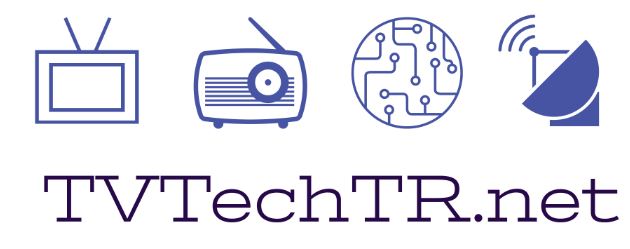It was a successful workshop in the sense that there were more than 160 delegates all over the Europe. Half of the delegates were from Turkey, which is understandable. As far as I remember, this was the first event of DigiTAG in Turkey. When we look at the members of DigiTAG, we see no one from Turkey. I hope that the event will be a beginning of understanding the importance of being a member of DigiTAG also.
I will write a more detailed coverage of the event. But as a first impressions, I believe these were the results of the event, regarding the DTT journey of Turkey:
- All parties in the DTT process, namely broadcasters, supreme council, equipment manufacturers are unhappy with the current uncertainty of the process. If we remember the last developments, supreme council has finished the tender process. There was a claim to court and court decided to suspend the licences tender for the national broadcasters. This suspend affect whole DTT process, because the single firm which should build and operate the DTT network, would be formed by the national licences holder broadcasters. Hence, as no broadcaster has a national licence, the single firm (namely ANTEN A.Ş.) could not be formed.
- Commercial broadcasters argue that the licencee fee is too much for DTT and on that they should pay for the infrastructure. They claim that DTT does not have a business model to invest that much money.
- Representative of Turkish Radio & Television (the only public broadcaster in Turkey) offered that the Act # 6112 should be changed in a way that the ANTEN A.Ş. will be a public company. The fees from the licencees tenders may be passed to ANTEN A.Ş. Then TRT (as an other public company in a way) would pass all its transmission sites & equipment to ANTEN which would be the only operator for both public & commercial broadcasters. This offer had a great impact on the delegates. If we look at Europe we see the same model in a way.
It is quite clear that the Act #6112 should be changed before renewal of the national licencees tender.
There are some important questions & facts on DTT in Turkey:
- There is election for municipality in March 2014, for presidency in Summer 2014 and for parliament in Summer 2015. So the parliament and politics would be deeply involved with some other stuff and might not want to change the current media landscape.
- It is not clear if Turkey will shut down the analogue terrestrial in 2015. Some argues that the promises in ITU is valid just for borders not for the whole country.


Comments
Post a Comment
Comments will appear after approval, which may take time :)